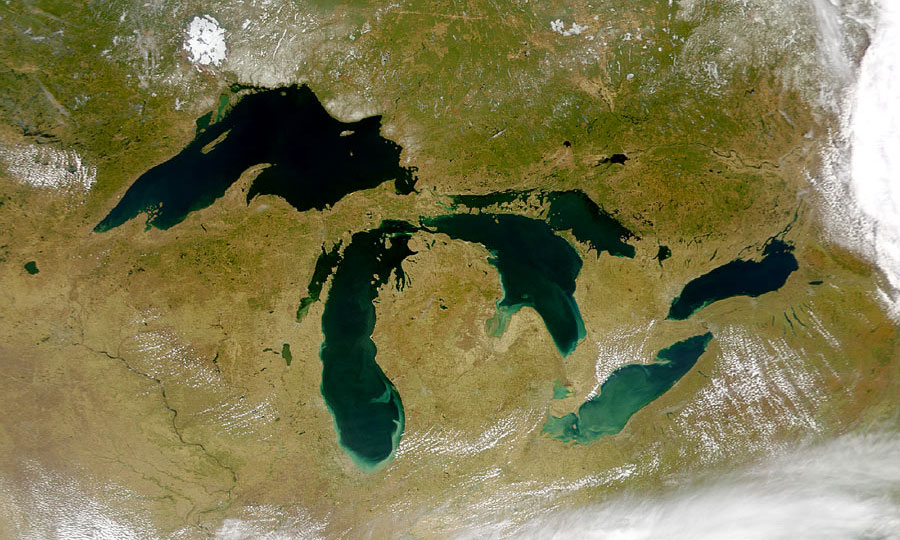Compact fluorescent light bulbs offer significant environmental benefits over incandescent bulbs because they are more energy efficient, which reduces their climate footprint. However, they do contain a small amount of mercury, which can be released into the environment if the bulb is broken upon disposal.
Vicki Fulbright addressed this topic in her presentation at the 2005 ENERGY STAR Lighing Partners Meeting, “The CFL Mercury Conundrum: Northwest Utilities Respond“. She discusses the conundrum, reasons to recycle, and profiles successful recycling programs from throughout the United States.
For more information on the topic, see also:
- Ask Umbra: On Mercury in Compact Fluorescent Lights
- Compact Fluorescent Lamps (Wikipedia)
- Fluorescent Lights and Mercury
- Proper Disposal of Compact Fluorescent Light Bulbs
If you have other suggestions for other resources on this topic, just login and leave a note in the comments.

 Check out the web site for
Check out the web site for